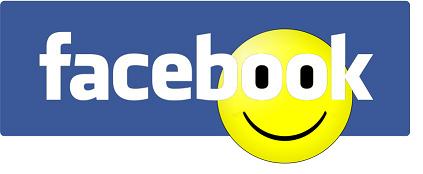Mark Bridge writes:
Mention 'anonymity' to anyone these days and it's pretty likely they'll start talking about Facebook. Maybe Google Street View, maybe RF chips in passports... but probably Facebook.
This 'over sharing' of personal information is a far cry from the situation a few years ago. Once, no-one on the internet really admitted who they were. That New Yorker cartoon - "Nobody knows you're a dog" - wasn't far off the truth. You couldn't tell a dungeonmaster from a librarian when they were online.
But then, as 'normal people' began to get famous by blogging and having an opinion, the appeal of anonymity began to wane. No-one wanted to be mistaken for a dog. They wanted their name in lights, a reality TV show and fame for 15 minutes.
Facebook encouraged - nay, insisted on - real names, although a few fakes slipped through. And doom-mongers warned that mobile phone users were all carrying tracking devices in their pockets. It seemed that anonymity was dead.
But, as Jeff Goldblum warned us in Jurassic Park, life finds a way round things. Today that way is BlackBerry Messenger, which offers the option of PIN codes instead of names. It's Twitter, which lets you be anyone you want. It's instant messaging, one of our oldest online companions. And it's all available from those ubiquitous mobile devices.
Even SMS has evolved. Conventional text messages show up on a monthly bill. It's the same problem as itemised phone calls. They may not reveal what you're saying - but they'll reveal who you're talking to. Yet send your texts to Twitter or Facebook (admittedly not available in all countries) and 'nosy parents' won't learn anything from your mobile bill. Chat online using Windows Live, ICQ, Nimbuzz – and yes, Facebook - and your contacts can remain secret even if someone checks your phone. (Talking of phones, it's now easier than ever to do your social networking by mobile, thanks to SNS-friendly manufacturers such as INQ).
Oh sure, governments, police forces and network operators can still identify you. But unwelcome contemporaries and peers won't track you down. Which means - certainly for many younger mobile phone users - Facebook isn't an enemy of anonymity. It's a trusted friend.

[Article inspired by a tweet from GuamGuy]